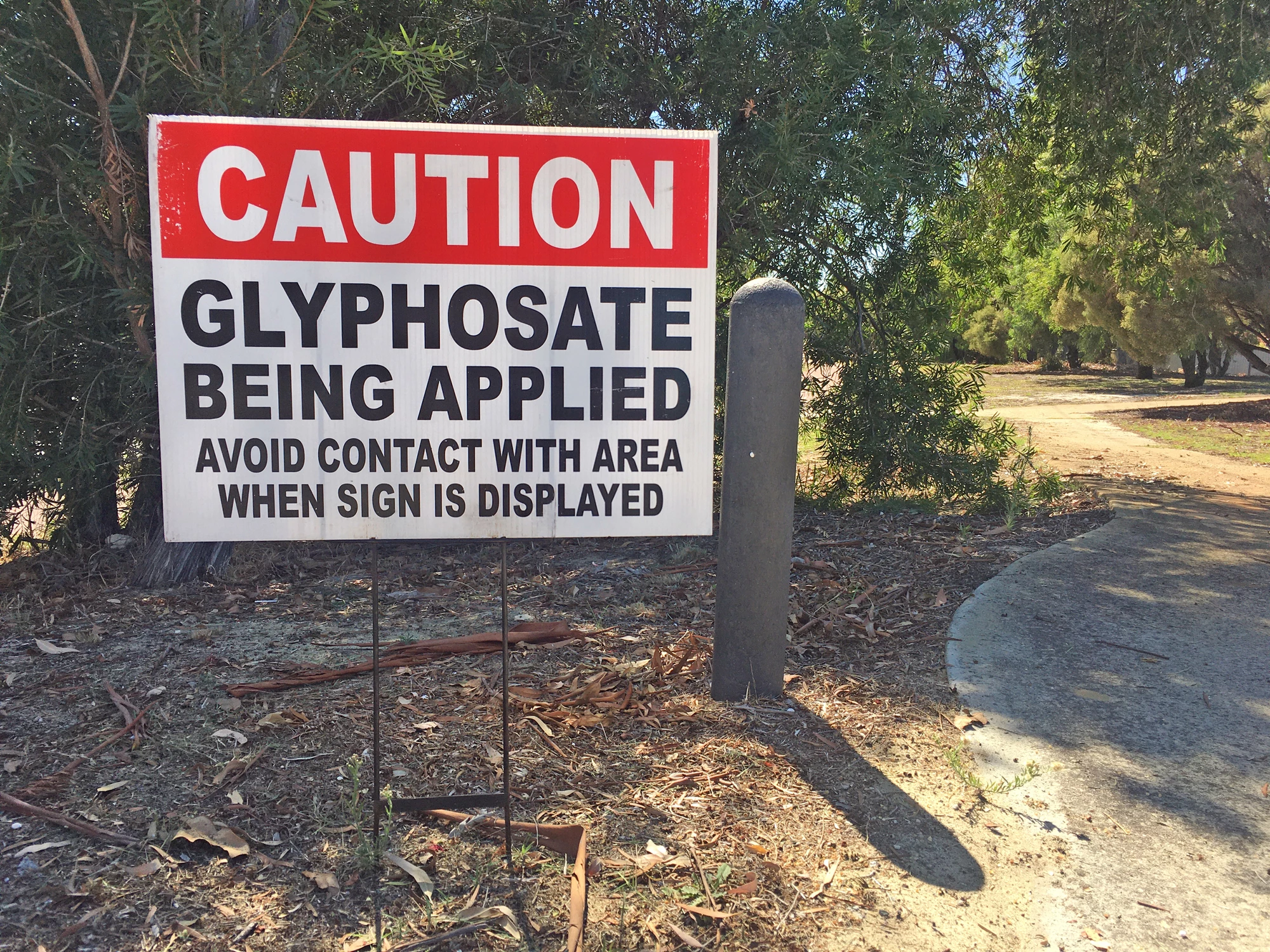Unexpected new findings from researchers at Johns Hopkins University are indicating the world’s most commonly used herbicide appears to weaken the immune systems of insects. One experiment with mosquitos known to spread malaria suggests the chemical can increase the insect’s susceptibility to parasitic infection, possibly increasing risk of human disease transmission.
Glyphosate is a weed-killer that has been in wide agricultural use since the 1970s. It kills plants by disrupting a crucial metabolic process called the shikimate pathway. The pathway is only present in plants, so for many years glyphosate was thought to be an ideal herbicide – harmless to everything but plants.
Over recent years, however, concerns have been raised over the chemical’s effect on the surrounding environment and humans. Austria and Vietnam were two of the first countries to outright ban the herbicide, while several others are undergoing a staged phase-out of its use over the coming years.
The effects of glyphosate on insects is still a source of much debate. Studies have found the herbicide can disrupt gut bacteria in insects, and this can lead to behavioral or physiological changes. A new study is suggesting glyphosate could impair immunity in insects, and this may lead to damaging consequences for human health.
Back in 2001 a team of researchers were studying the effect of glyphosate on fungi and found the chemical inhibits fungi’s production of melanin. To humans melanin is primarily a protective skin pigment but for insects the molecule plays a crucial role in immunity.
For the new study the researchers wondered what effect glyphosate had on insect immunity considering the chemical was known to disrupt melanin production. The effect of glyphosate was investigated using two evolutionarily distinct insect models: an African mosquito known to carry malaria, and a species of wax moth.
In both models the researchers found glyphosate inhibited melanin production and made the insects more susceptible to pathogenic infection. But the mosquito investigations offered some of the most worrisome findings.
“Mosquitoes exposed to glyphosate were less able to control Plasmodium infections they would have otherwise resisted, which hints that glyphosate exposure may make them better vectors for malaria,” says co-first author Daniel Smith. “These results raise concerns about the increasing use of glyphosate in regions of the world where malaria is endemic.”
An influential 2017 study presented controversial findings claiming up to 75 percent of flying insects have disappeared over the prior 25 years. Since then scientists have struggled to clearly understand exactly what is happening with insect populations, as some studies have indicated increases in the abundance of particular insects while others have seen significant declines.
Arturo Casadevall, an author on this new study from the Johns Hopkins Bloomberg School of Public Health, does not draw a direct line between this research and hypotheses regarding global insect declines. However, he does point out these new findings are unexpected and should serve as a reminder of the difficulties in predicting the consequences of chemicals in the environment.
“Our results show unexpected effects from a widely used herbicide, and alert us to the fact that spreading these chemicals in the environment may have unintended consequences,” says Casadevall.
The new study was published in the journal PLoS Biology.




